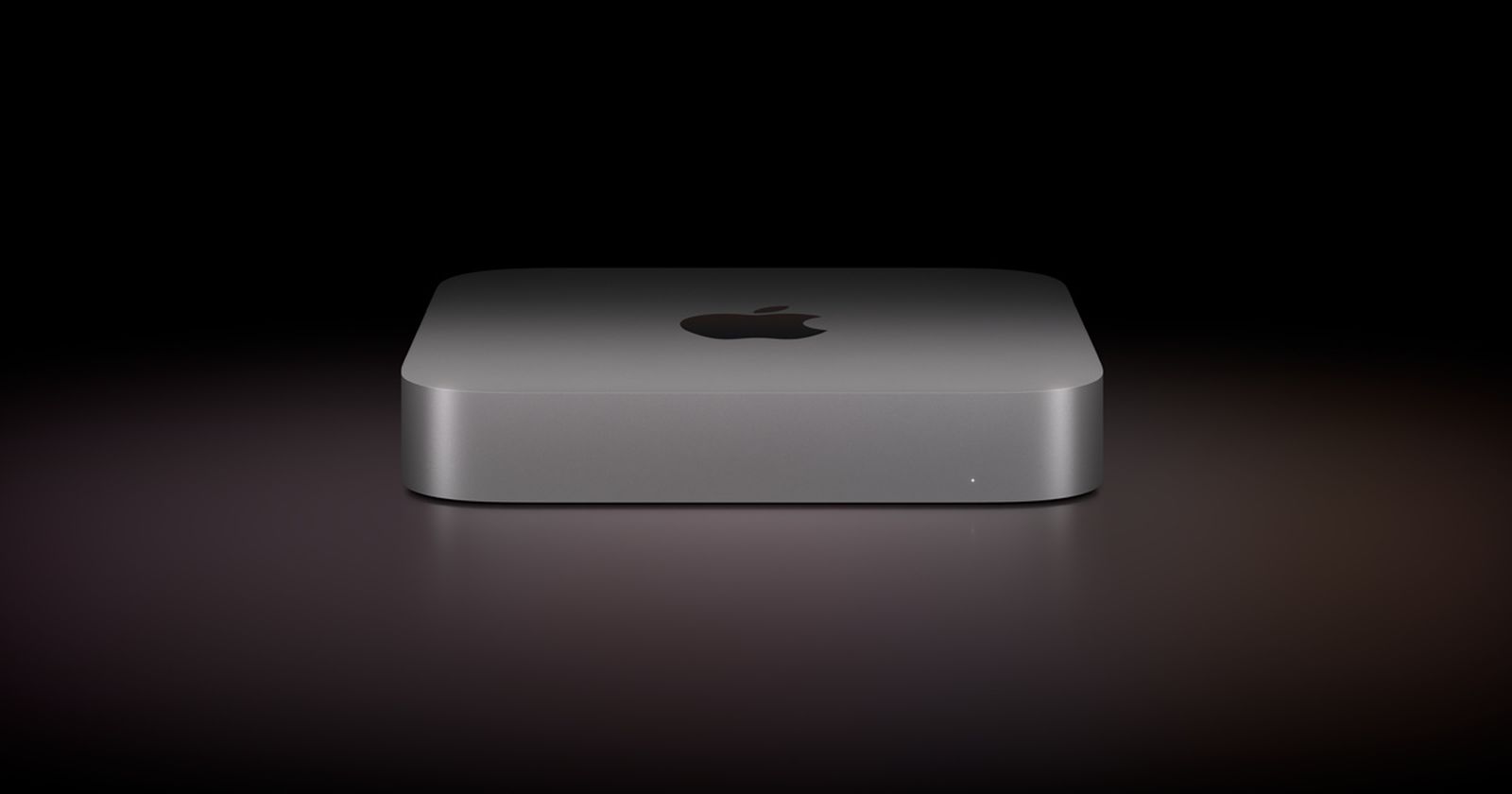
As expected, the 15-inch MacBook Air with 256GB of storage is equipped with a single NAND chip, according to YouTube channel Max Tech. This will result in the 256GB model having slower SSD read and write speeds compared to 512GB, 1TB, and 2TB models that have multiple NAND chips for faster speeds, but real-world results will vary.

256GB models of the latest 13-inch MacBook Air, 13-inch MacBook Pro, and Mac mini also have a single NAND chip, with benchmark results showing a 30% to 50% reduction in SSD speeds compared to previous-generation models. Apple previously used two 128GB chips for 256GB Macs, but it switched to a single 256GB chip for newer models.
Slower SSD speeds can impact tasks such as transferring files to an external drive, and overall system performance can take a slight hit during heavy workloads, as Macs temporarily use SSD space as virtual memory when physical RAM is fully used. However, the average customer purchasing an entry-level 15-inch MacBook Air is unlikely to notice the slower speeds. Customers who need the fastest speeds should configure their 15-inch MacBook Air with at least 512GB of storage, which is a $200 upgrade over the 256GB model.
The 15-inch MacBook Air launched today after orders began last week. The laptop has the same M2 chip and overall design as the 13-inch model, with key new features including a larger display and two additional speakers. Pricing for the 15-inch model starts at $1,299, while the 13-inch model now starts at a lower $1,099.
Article Link: 15-Inch MacBook Air With 256GB Storage Has Slower SSD Speeds Than Higher-Capacity Models
Last edited:


